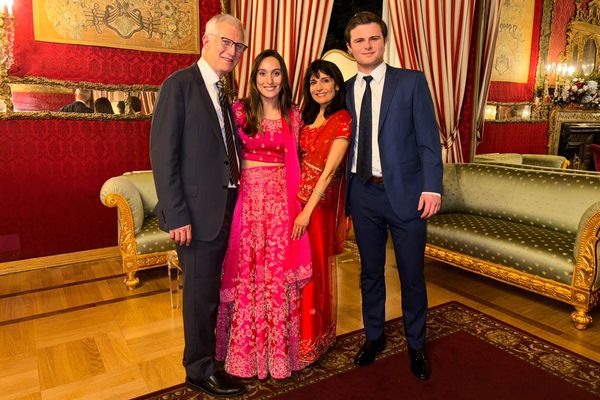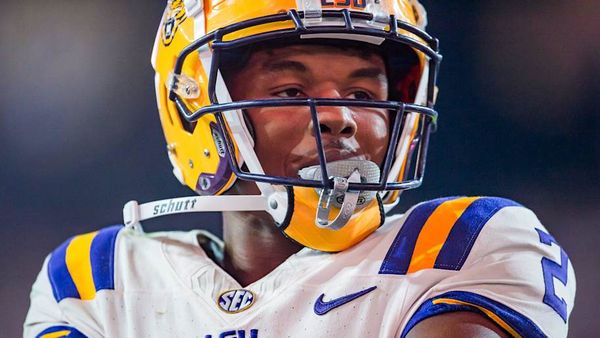
- The Federal Reserve “has faced one big external shock after the other,” economist Mohamed El-Erian wrote in a Bloomberg opinion column. First it was pandemic-era inflation, now it is tariff-induced inflation. Fed Chair Jerome Powell has pressed pause on monetary policy, but may be forced to make a move.
Federal Reserve Chair Jerome Powell has a tariff dilemma, and it isn’t the only predicament the central bank has faced in the seven years since he took over.
“It’s easy to think that the Jerome Powell-led Federal Reserve has been one of the unluckiest on record,” Mohamed El-Erian, president of Queens’ College at the University of Cambridge, wrote in an opinion column for Bloomberg Tuesday. “From the 2020 pandemic and its messy aftermath to the current tariff-induced economic and financial volatility, it has faced one big external shock after the other.”
But it’s not only bad luck—the Fed has made some mistakes, El-Erian wrote. That messy pandemic aftermath El-Erian mentioned included Powell calling inflation “transitory,” only for it to get hotter and hotter until it reached a four-decade high. And once the Fed finally made progress taming inflation, President Donald Trump’s tariffs are threatening to push prices up.
The president announced a sweeping regime of tariffs that sent the stock market spiraling, dragged consumer and business sentiment, fueled recession warnings, and ensued chaos in the bond market. That all makes the central bank’s job harder. The Fed is in wait-and-see mode, but it faces a question of whether to cut interest rates or not. If the economy slows and unemployment rises, the expectation would be for the Fed to cut interest rates—but if inflation soars, then the expectation would be for it to raise rates.
Powell has had some run-ins with Trump, too, El-Erian noted. The president continues to call on Powell to cut interest rates, but that doesn’t appear to be his game plan. Powell, at his post-decision press conference in March and again on Friday, said he believes the central bank has time.
El-Erian argued markets are trained to anticipate lower interest rates once there is a hint of volatility, and that may be what the Fed is tempted to do—but it shouldn’t. “The Fed should give priority to putting the inflation genie back in the bottle,” he wrote, meaning El-Erian believes the central bank should concentrate on reining in inflation rather than worrying about employment, the other half of its dual mandate to keep prices stable and pursue maximum employment.
“What the Fed needs more than ever is a good dose of humility, something that it has lacked in recent years to its and the economy’s detriment,” he said, adding later: “It would also help counter the threat of a prolonged and damaging period of stagflation.”
However, due to the chaos in the bond market, El-Erian said Wednesday the Fed could be forced to act if that chaos continues. The central bank would have to cut interest rates or use its balance sheet to offset “bond market malfunction,” but it would come at a cost. El-Erian did not respond to Fortune’s request for further comment.
In a Wednesday note, investment bank Jefferies said the Fed doesn’t need to step in immediately, but we aren’t far off from a possible Fed intervention. Still, the investment bank doesn’t think an emergency interest rate is the best move and said large-scale purchases of Treasury bonds should be a last resort.
Powell might be onto something: The Fed might have more time to make a move than many expected. The president announced a 90-day pause on his vast tariffs on Wednesday afternoon, apart from the 10% blanket tax.







